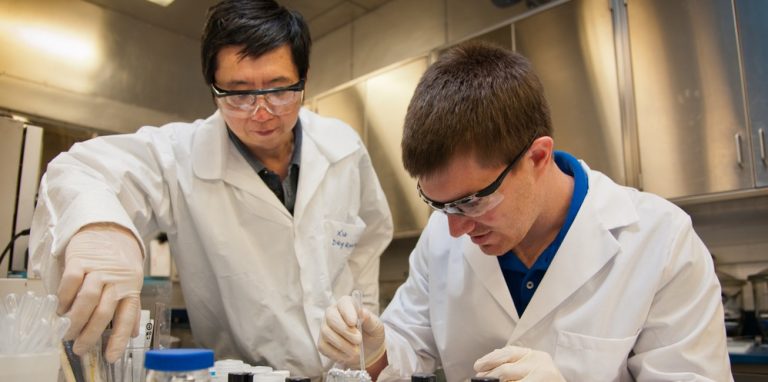A Rutgers study has found that a specific gene in cancerous prostate tumors indicates when patients are at high-risk for the cancer to spread, suggesting that targeting this gene can help patients live longer.
The study, which was published in the journal Nature Communications, identified the NSD2 gene through a computer algorithm developed to determine which cancer genes that spread in a mouse model were most relevant to humans. The researchers were able to turn off the gene in the mice tumor cells, which significantly decreased the cancer’s spread.
“Currently, when a patient is diagnosed with prostate cancer, physicians can determine how advanced a tumor is but not whether the patient’s cancer will spread,” said lead author Antonina Mitrofanova, an assistant professor at Rutgers School of Health Professions and a research member of Rutgers Cancer Institute of New Jersey. “If we can determine whether a patient’s cancer is likely to spread at the time of diagnosis, we can start them on a targeted treatment plan as soon as possible to decrease the likelihood of their cancer spreading.
more at news.rutgers.edu
Ask me anything
Explore related questions





